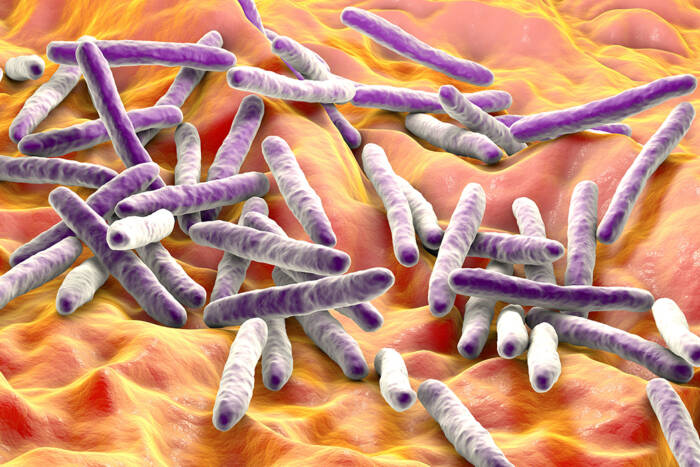Horace H. Rhee
B.S., Northwestern University
Molecular Regulation of Hair Follicle Morphogenesis
presented by Sidney Strickland (on behalf of Elaine Fuchs)
There are two major reasons why I feel great sorrow in having had to miss the graduation of Horace Rhee. First, although I’ve trained many graduate students in my career, including three other graduate students who moved with me from the University of Chicago to Rockefeller five years ago, Horace is the first of my graduate students to be receiving his Ph.D. from The Rockefeller University. I might add that Horace will be my only M.D.-Ph.D. student, past or future, who will have received his Ph.D. from Rockefeller and his M.D. from the University of Chicago. Second, Horace was the kind of student that every professor hopes for — the student who has the perfect blend of the seriousness necessary to develop intellectually and scientifically into a first-rate researcher and the lightheartedness to keep an even keel through the worst as well as the best of times. Horace’s sense of humor was legendary in the lab and will be sorely missed. He was the ambassador to my United Nations of a laboratory. He made everyone laugh, and his jokes and his good-natured attitude always seemed to be appreciated even by those struggling to grasp the English language.
But Horace’s interpersonal skills did not outweigh his scientific ones; he defended with flying colors a beautiful thesis. His research centered on how hair follicles develop in embryogenesis and how they are (usually) maintained in the adult. Horace devised a novel strategy to isolate and transcriptionally profile the hair follicle in its earliest stages of embryonic development, when the follicle consists of a small cluster of cells that invaginate into the underlying dermis. One of the genes that Horace uncovered in his comparative analysis was a transcription factor expressed at greater than 10-fold higher in this cluster of follicle cells than in the epidermis. Using gain and loss of function studies in the mouse, Horace showed that this transcription factor, called Lhx2, is essential for the long-term maintenance of hair follicle stem cells. Horace’s thesis work was a tour de force and was published in the journal Science last year.
So Horace, I’m sorry I could not be there to celebrate your wonderful accomplishments and to thank you for making the decision to join my laboratory in 2001 even when you knew at the time that it would entail your helping us pack boxes at the University of Chicago and unpack them at Rockefeller. It has been a pleasure to serve as your Ph.D. adviser, and I look forward to congratulating you in person.



